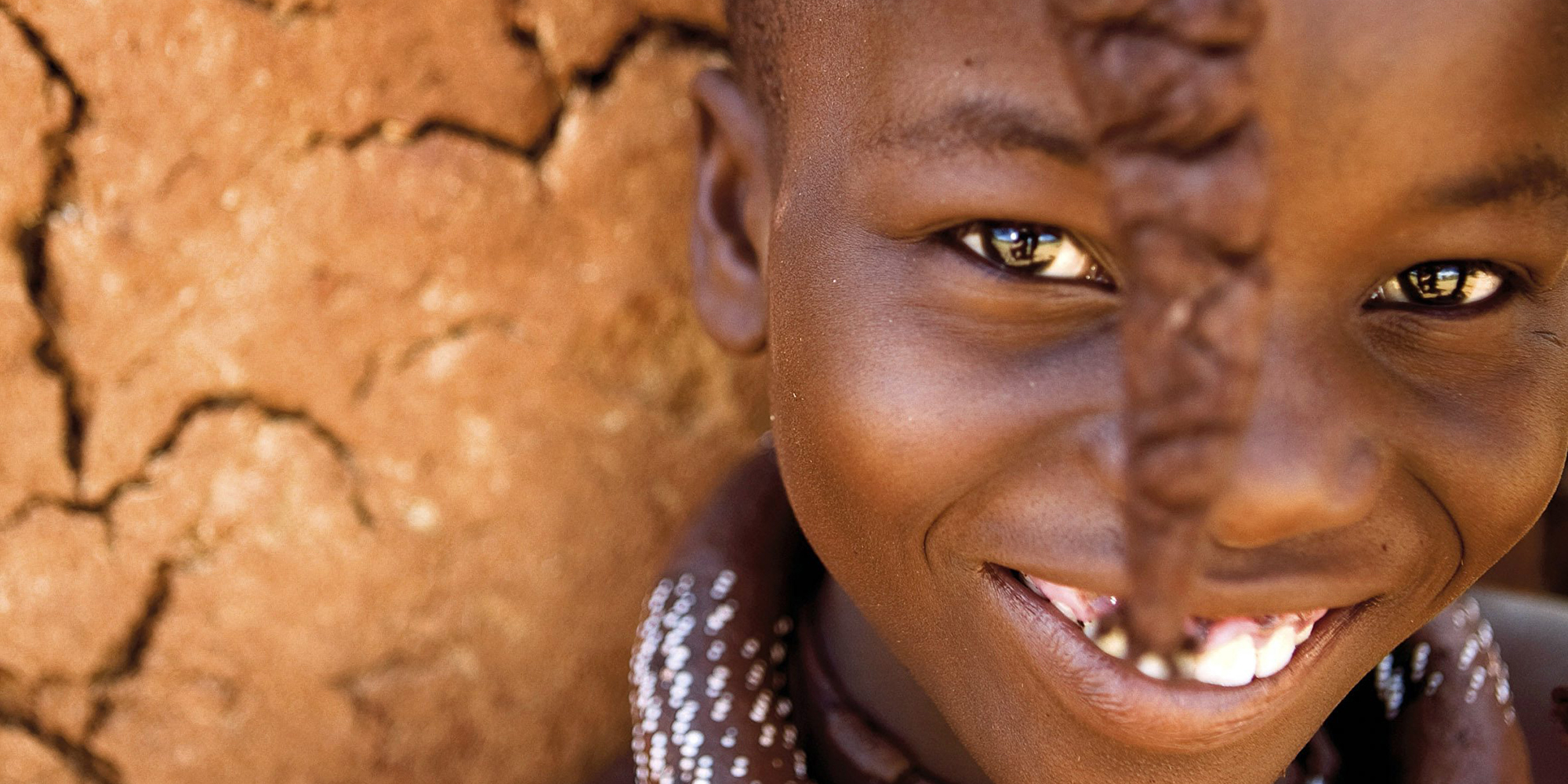Representatives of the world’s nations are set to gather in Canada in December 2022 to agree on taking the necessary action to stop biodiversity loss and successfully protect nature over the course of the next three decades or so.
For indigenous peoples and local communities on the margins, careful protection and promotion of their rights to natural resources, sustainable use, and fair benefit-sharing are critical to their survival as the world stands on the brink of the climate crisis abyss.
The post-2020 Global Biodiversity Framework (GBF) is one of the instruments for achieving this, which world leaders attending the 15th UN Biodiversity Conference of the Parties (COP15) in Montreal from 7–19 December are expected to discuss, agree on, and adopt.
The GBF, which is currently in draft form, aims to halt biodiversity loss by 2030 and achieve recovery by 2050. This goal requires an additional investment in nature equivalent to between 0.7 and 1% of annual global GDP. The framework comprises 21 targets, in line with the Convention on Biological Diversity (CBD) and its Protocols, and 10 “milestones” proposed for 2030, to move towards “living in harmony with nature” by 2050. Stakeholders have been collaboratively revising and developing the post-2020 GBF at open-ended working group meetings since 2019.
In essence, the purpose of the GBF is to galvanise governments, civil society, and corporations to take immediate and transformative action to achieve its vision, purpose, objectives, and targets. It seeks to contribute to the goals of the CBD, its protocols, and other multilateral biodiversity agreements, processes, and instruments and facilitate its implementation primarily through national-level activities, with supporting action at the subnational, regional, and global levels.
As it stands, the GBF represents some improvement from the updated zero draft. But it has some significant gaps and shortcomings for indigenous peoples and local communities that are essential for the successful halting of biodiversity loss and ensuring the protection of nature for future generations.
 Khoi Khoi and San people protest at the Cape Town high court on February 24, 2021 in Cape Town, South Africa. (Photo by Gallo Images/Misha Jordaan)
Khoi Khoi and San people protest at the Cape Town high court on February 24, 2021 in Cape Town, South Africa. (Photo by Gallo Images/Misha Jordaan)
It fails to support rights to the sustainable use of natural resources and equitable sharing of benefits from those resources to the extent needed. Sustainable use of biodiversity and human rights are not often thought of in the same context, but they make perfect sense to be considered together because they are closely intertwined.
Progressive organisations and movements, such as the African CSOs Biodiversity Alliance (ACBA) and the Convention on Biological Diversity Alliance (CBDA), have submitted a variety of positions and recommendations to the Open-Ended Working Group since the zero-draft.
These submissions relate to the recognition of land, waters, territories, and resources held by indigenous people and local communities, as well as the sustainable use of biological diversity. There is widespread but acceptable criticism of the framework’s targets raised in these stances and recommendations.
Under the theme of “reducing threats to biodiversity”, target 4 of the framework seeks to “ensure active management actions to enable the recovery and conservation of species and the genetic diversity of wild and domesticated species, including through ex situ conservation, and effectively manage human-wildlife interactions to avoid or reduce human-wildlife conflict”.
The draft framework falls short of addressing the root causes of human-wildlife conflict, which include the encroachment of resource extraction into natural spaces; agricultural expansion; economic growth; inequalities and injustice; and the failure to address the key vulnerabilities of indigenous peoples and local communities.
Visit Daily Maverick's home page for more news, analysis and investigations
Target 3 seeks to “ensure that at least 30% globally of land areas and of sea areas, especially areas of particular importance for biodiversity and its contributions to people, are conserved through effectively and equitably managed, ecologically representative and well-connected systems of protected areas and other effective area-based conservation measures and integrated into the wider landscapes and seascapes”.
As human rights continue to be violated in existing protected areas in the region, there is widespread concern about how expanding protected areas might affect human rights and the need for human rights protections.
Target 3 includes the significance of biodiversity and its contributions to people, both of which are essential. It incorporates the principle of equitable management. Nonetheless, governance of protected areas is currently absent.
The majority of the world’s biodiversity is located on indigenous lands, territories, and waters, which demonstrates effective biodiversity management. To protect human rights, it is essential to obtain the free, prior, and informed consent (Fpic) of indigenous peoples and local communities when planning development or conservation-related projects of any kind.
Target 5 seeks to “ensure that the harvesting, trade, and use of wild species is sustainable, legal, and safe for human health.” But the proposed language does not address the interests and rights of indigenous and traditional people, which are important in many situations where wild species are harvested.
In many countries, the use of natural resources by indigenous people and local communities has been deemed unlawful and criminalised, and indigenous and local organisations are usually excluded from decision-making over the notion of what is sustainable, legal, and secure.
https://www.youtube.com/watch?v=REeWvTRUpMk
In southern Africa, sustainable use of natural resources has been incorporated into a system of governance called community-based natural resource management (CBNRM), but external governments are threatening this right by trying to cut off international markets through unilateral trade bans. This is particularly the case for the import of hunting trophies, even when the hunt is legal, sustainable and safe for human health.
To ensure human rights, it is necessary to ensure the protection of rural communities’ rights to the sustainable use of biodiversity. Only this way can we protect human rights and meet global conservation objectives.
Under the theme of “meeting people’s needs through sustainable use and benefit-sharing”, target 9 seeks to “ensure benefits, including nutrition, food security, medicines, and livelihoods for people, especially for the most vulnerable through sustainable management of wild terrestrial, freshwater and marine species and protecting customary sustainable use by indigenous peoples and local communities”.
Target 9 focuses on benefits for people living in the most vulnerable circumstances. Specifically, there are nutritional, livelihood, and other benefits from the active management of wild species.
While it is important to protect the customary use of biodiversity, communities should be open to more than this type of use, which could limit their access to new markets. Furthermore, there is no indicator for food security, nutrition, and livelihoods, which warrants additional monitoring elements to ensure that benefits from sustainable use are accruing particularly for communities most at risk.
Despite these remaining weaknesses, there are some welcomed improvements in the current draft, such as the inclusion of Fpic under target 20, which forms the basis for equitable participation of indigenous people and local communities in decision-making and further strengthens their interests.
Likewise, target 21 aligns with the United Nations Declaration on the Rights of Indigenous People (Undrip), which imposes a number of obligations on member states — promoting indigenous people’s full and effective participation in all matters concerning them.
“Conservation has received far more focus than the other two objectives of the convention. Sustainable use and benefit sharing must receive equal attention since all three objectives depend on each other and cannot be achieved in silos,” said Dr Yemi Katerere, the coordinator of Acba, in his opening remarks at the Open-Ended Working Group’s fourth meeting in Nairobi in June 2022.
The post-2020 GBF has the opportunity to clearly advance the rights of indigenous peoples and local communities. Doing so will help combat the twin crises of biodiversity loss and climate change, as well as mitigate the far-reaching impacts of the Covid-19 pandemic. It’s an objective that the parties to the Convention on Biological Diversity meeting at COP15 must not fail to engage. OBP/DM
Sobantu Mzwakali is the programme manager at Resource Africa, a southern Africa-based organisation that supports rural African community efforts to secure their rights to access and sustainably use their natural resources in order to sustain their livelihoods.




 Khoi Khoi and San people protest at the Cape Town high court on February 24, 2021 in Cape Town, South Africa. (Photo by Gallo Images/Misha Jordaan)
Khoi Khoi and San people protest at the Cape Town high court on February 24, 2021 in Cape Town, South Africa. (Photo by Gallo Images/Misha Jordaan)